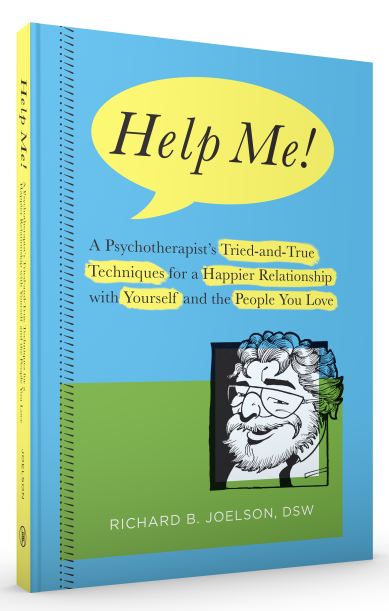
Photo: hbieser/Pixabay
How can we use anger to strengthen communication and enhance our relationships?
Throughout my years of providing counseling and psychotherapy to patients, I have had the opportunity to work with many couples that have sought help for a variety of reasons and needs. Like any therapist who sees couples, the hope is always that the both the timing of their seeking help and the nature of their presenting problems affords an opportunity for meaningful work and significant benefit.
Many couples, unfortunately, wait to seek help until it is the last stop before the lawyer’s office. Some, in fact, come to therapy having already made contact with an attorney to explore separation and divorce. Often, but certainly not always, this might make marital treatment a “too little too late” experience for one or both parties. Other couples might contact a therapist at the first signs of early difficulty in their relationship, when one or both realize that the time to address the issues is sooner, rather than later, before destructive patterns of relating become entrenched and, therefore, harder to modify.
Working with couples has always been challenging and a fascinating laboratory in which to observe and participate in the complex dynamic of two often very different people trying to work out differences and develop greater closeness in an effort to restore a once-healthier relationship.
Many couples new to marital therapy are on their best behavior, perhaps because they are not yet comfortable enough to demonstrate the nature of their troubled relationship in front of a relative stranger. Other couples treat the therapist’s office like their own living room and within minutes show me just how terrible things between them have become. Either is fine and affords a way of getting to know both parties and to begin to figure out how to help them.
Not surprisingly, anger is quite a common emotion in couples work, but the degree to which it exists, the ways in which it gets expressed, and the ability of an angry partner to control or contain his or her anger, becomes central to the quality of the therapeutic work that lies ahead. Couples will often raise important issues in a session in the hope of achieving a new and better understanding of themselves and their partners. Many of the issues, understandably, involve disagreement and possible conflict, as a result. Partners often need a forum in which to work things out with each other and the therapist’s office frequently works better—at least for a while—than the living room or bedroom at home.
Problems become compounded when one or both partners are so angry with each other and have so much difficulty containing and channeling their anger, that reasonable, rational, and loving—yes, loving—conversation is disenabled. Often, when anger shows up in an important, emotionally charged conversation, the conversation abruptly shifts and becomes all about the anger. This is one of the main reasons why many couples may not achieve the important treatment goals they agreed to work toward in their couples therapy.
The message is this: in your relationship with your partner (with anyone, for that matter), make sure that if and when you become angry, you use the anger to strengthen your communication and accomplish something that benefits the relationship. Avoid causing damage, possibly irreparable, to a relationship by losing control of yourself and using your anger as a “weapon of mass destruction.” Remember, too, especially in the case of relating to your romantic partner, that you are communicating with someone you love and who loves you. Hopefully, that realization alone will help you to avoid saying something harmful and regrettable and enable you to work productively together toward a much-improved partnership.
